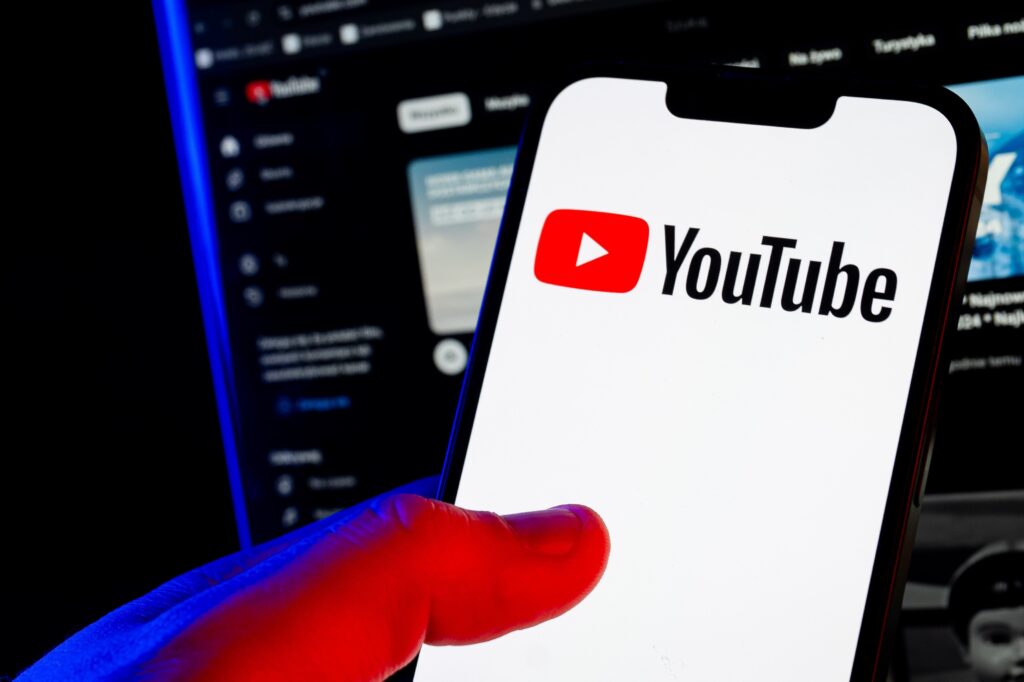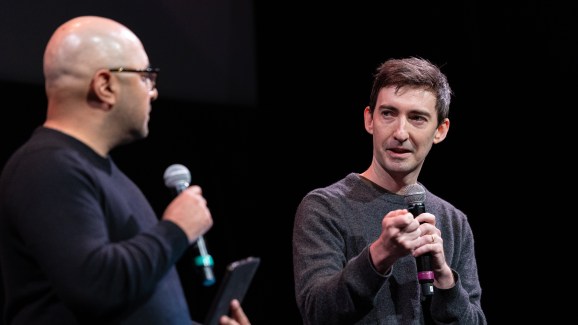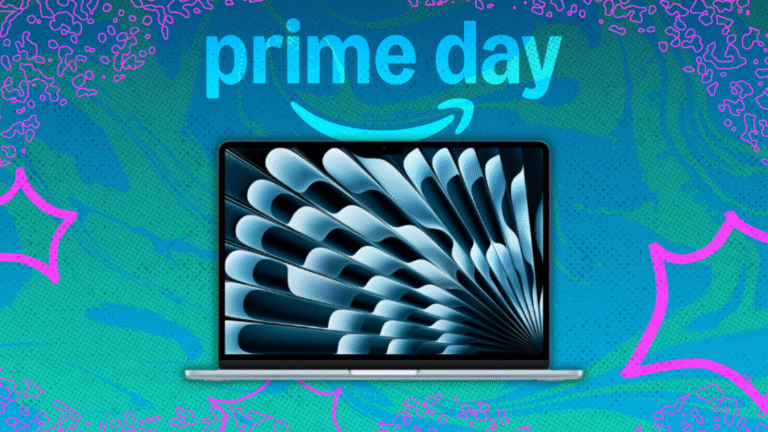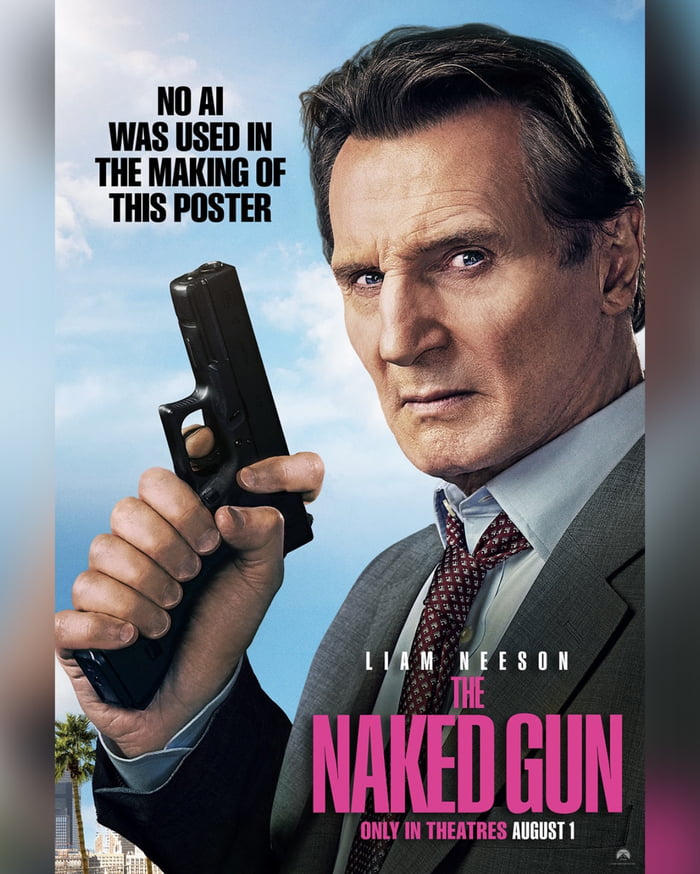

The landscape of YouTube drama channels has evolved over the platform’s 20 years, but they still rely on one tried and true marketing gambit: clickbait. And generative AI tools are bringing it back in big, and alarming, ways.
Dozens of channels, for example, have been tallying up views and profit using AI-generated thumbnails and fake quotes purported to be from the Sean “Diddy” Combs trial, many of which use celebrity likenesses and graphic language to entice viewers to watch. First reported by the Indicator and later co-published by the Guardian, around 900 videos across 26 channels have generated nearly 70 million views over the past 12 months, even as Big Tech claims to crack down on deepfakes and misinformation.
Most of the channels sharing so-called “Diddy slop” rely not only on AI thumbnails, but also AI-generated narration, in an attempt to misleadingly connect celebrities — the likes of Brad Pitt, Will Smith, Justin Bieber, Joe Rogan, and even U.S. Attorney General Pam Bondi — to the trial’s infamous reports of sexual abuse. Most of the videos recirculate real trial images or local news coverage, with only a few taking the step into fully deepfaked video, the report found. Faceless channels dedicated to AI-generated clickbait content have also taken over TikTok, slipping by both platform’s automatic moderation tools and threatening to amplify an already complicated information landscape rife with misinformation and conspiracy.
And despite YouTube policies that should prevent such videos from being monetized, it’s proven to be a lucrative revenue generator. “If you would say, ‘Hey, how can I make $50,000 as soon as possible?’ Number one would be like doing fucking drug [dealing], but number two would probably be to start a Diddy channel,” Wanner Aarts, a YouTube creator that makes AI-generated content, told the Guardian. In response to the Indicator’s report, YouTube said it removed 16 channels and demonetized several others.
The platform has struggled to address a growing abundance of noticeably AI-generated images and videos taking over its content recommendations and even ad space — in 2024, the site deleted more than 1,000 AI-generated scam videos advertising products using the likenesses of celebrities. AI-generated thumbnails have proliferated on the platform, culminating recently in a wide scale backlash to YouTube giant Mr.Beast, who debuted and then quickly shelved a generative AI tool that would automatically generate eye-catching thumbnails.
Broadly, YouTube and its corporate owner, Alphabet, have leaned heavily into generative AI for its own purposes, including a new YouTube Shorts video generator that harnesses Google DeepMind’s Veo 2 and a combined AI-powered search tool and recommendation engine for Premium users.




